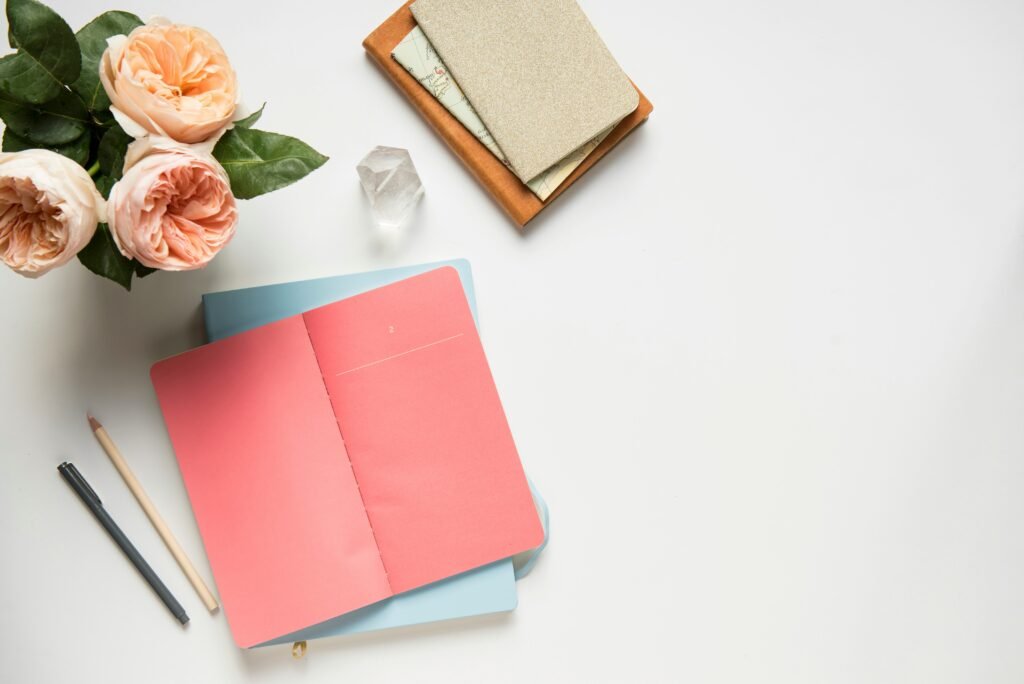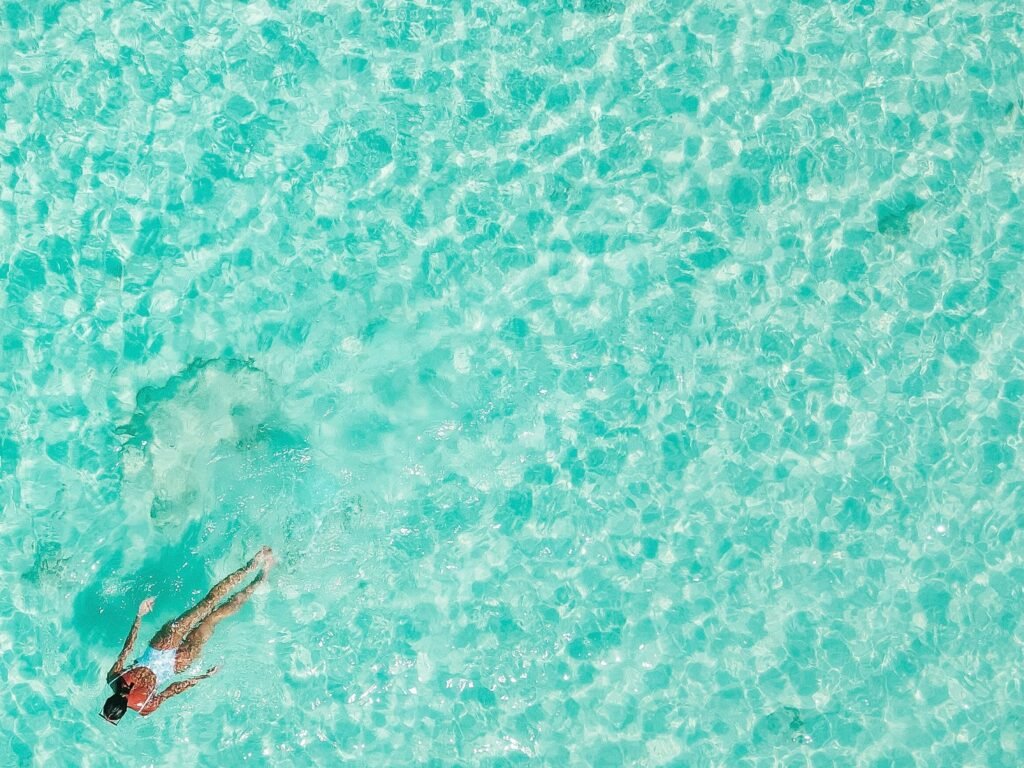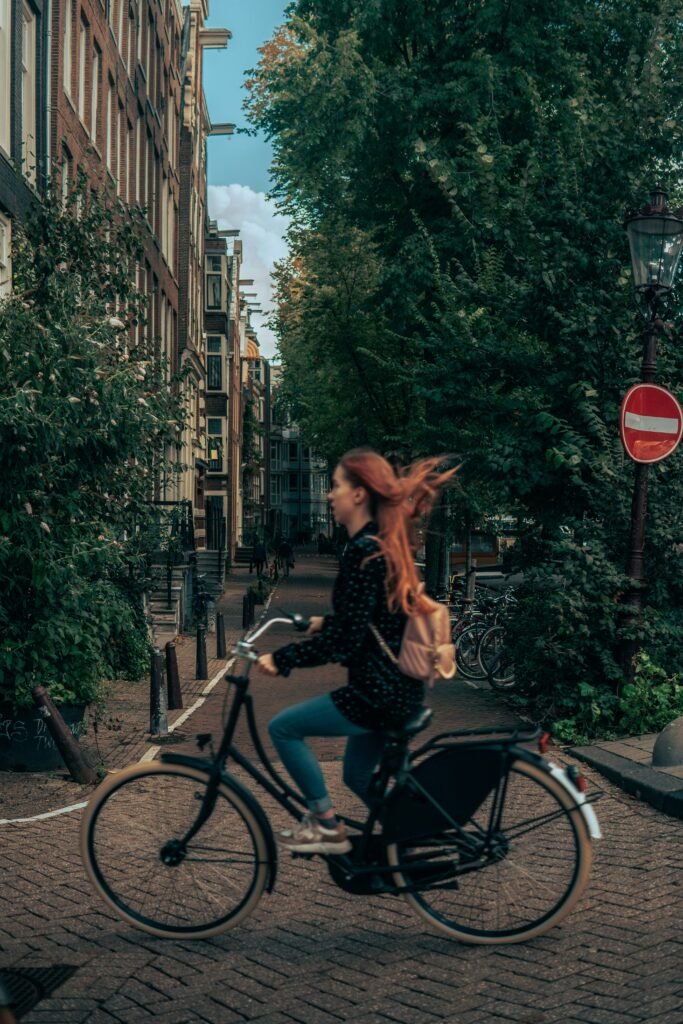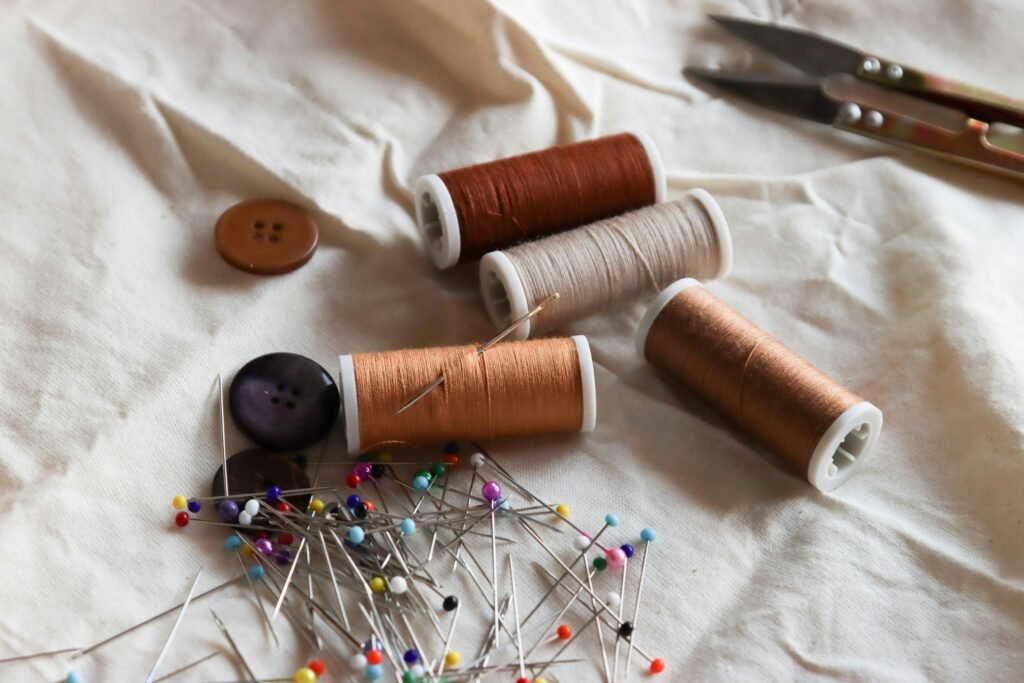
No matter who we are and what kind of life we live, there are some basic skills that any independent adult should master.
It can save your life, help you be more independent, or make your life much easier.
Here are 7 practical skills that everyone should try to master, along with some tips on how to start:
1. Swimming
This is a life-saving skill, especially if you live in a place with large bodies of water.
You have no excuses. Open a YouTube tutorial and get those free swimming lessons. I’m not asking you to become an Olympic champion. Just make sure you know how to float and learn the most basic swimming method to swim long enough to get you to safety, just in case.
On a lighter note, if you don’t know how to swim, you don’t know what you’ve been missing so far. Playing in water all summer is so much fun, and there are a lot of beautiful things to see underwater.
In France, all elementary school students must get swimming lessons in PE class. Where I grew up, we didn’t have swimming lessons at school because the nearest public swimming pool was much too far away. But we lived near the sea, and every parent took their children there during summer, and everybody learned to swim. Except for older people, I never knew anybody there who didn’t know how to swim.
When I came to the Philippines, I got a culture shock. In the village where I live, there are a lot of rivers and lakes, and people often go there to refresh themselves, wash their clothes, or even take a bath. I was shocked to discover that not many of them knew how to swim. People died because of this.

2. Giving first aid to someone
This is also life-saving because you never know who will be in danger next to you. It could be a stranger in the street. It could be your parents, your nephews, the baby you’re babysitting.
Again, it’s mandatory in France for all middle schoolers to get basic first aid training, but it’s not really implemented everywhere. I was lucky my school got us the training. But to be honest, aside from the PLS (Position Latérale de Sécurité), I didn’t remember much.
So I was super grateful when 2 French YouTubers posted a video featuring a professional first responder who showed the basic training for free. In that video, they covered how to respond in 4 life-threatening situations: major bleeding, loss of consciousness, choking, and when the heart stops beating. If you understand French, watch this video. Even if you don’t, watch it anyway. You can still learn things from the visuals. I liked that they covered how to do it on adults, babies, and kids. I’m planning to post a detailed breakdown of the video for English speakers.
You can subscribe to my newsletter here if you don’t want to miss that post.
3. Riding a bike
We’re done with the life-saving skills. This one is more of a day-to-day one.
If you know how to ride a bike, you can still travel, even if you don’t have a licence or a car. It’s a nice way to get exercise and a good bonding experience with friends or family.
More importantly, if you live in a country like the Philippines, where most people use motorcycles, you should learn how to ride a bike first. It will teach you balance, confidence, and how to behave on the road with other users.
One of my friends wanted to learn how to ride a motorcycle. But, as she never learned how to ride a bike, she struggled with the motor, and she was putting herself in danger. So she had to learn with a bike first. Be like her, learn how to bike. By the way, she was in her forties when she did that. It’s never too late.

4. Getting a driving licence
That is the next step after learning how to ride a bike. Now, you should get a proper licence. Motorcycle or car, whichever is the most used where you live and the most practical for you.
I’m not going to lie to you: having a licence to drive a car, EVEN IF YOU DON’T OWN ONE AND NEVER WILL, can be a great thing. You can apply for jobs that require driving, rent a car if you go on vacation, and more importantly, drive legally in case of an emergency.
I know this is an investment of time and money, but it’s worth it. You never know what will happen in your life.
If you’re a girl, don’t let stereotypes stop you. You can enjoy driving and be good at it. When I started car driving lessons in France at 16 years old, I had a hard time because my instructor wasn’t kind. But with perseverance and time, I got better. My father finished what the driving school had started. He gave me tips on how to drive better, and now I enjoy driving.
5. Typing with both hands
This is not as hard as it looks and it’s a very basic skill. You can teach it to yourself even without any tutorial. Just force yourself to use both hands and practice more. As you get used to it, try writing without looking at the keyboard, and focus on the screen.
Why is it useful? Well, unless you have a very manual job, you will be confronted to a computer sooner or later. And yes, you can manage writing with only one finger, but it goes so much faster when you’re using both hands.
I learned it when I was a kid playing with my mother’s laptop. She had secretary training and she was typing super fast with both hands. It was so fascinating to me, so I tried to imitate her and that’s how I learned typing.
Recently I gave the same advice to one of my students. I noticed she was slow to type in the chat, so I told her to practice with both hands. One week later, she told me she was already improving.
6. Cooking basic things
This goes without saying, you should be able to feed yourself (and others), even if you don’t have access to ready-made food.
Here are some things you should know how to cook, and I’m talking super basic here:
- At least 2 ways to cook eggs. Boiled and sunny side up are the most basic. You can also learn to make an omelet. It’s simple enough, and you can add other ingredients to vary it up.
- Rice. If you already know how to make rice with a cooker, learn how to make it with just a pan.
- Pasta. Like an omelet, the basic principle is easy, and you can add other ingredients to vary it.
- Soup. Mixed or not, I don’t care. Just learn to make at least one tasty soup. It’s not that complicated.
7. Making basic clothes repairs
If you want to save money, that is the way to go.
You should at least learn how to repair a button, a small hole, and undone stitching.
You don’t need a lot to get started. Buy a small sewing kit. You can find some cheap ones. You can look up the countless tutorials on YouTube.
I started doing this after I got married and I discovered myself a new hobby. Now I’m even planning to try to hand sew some clothes.

How many of those practical skills do you already master? Which one is your next goal?
Mine is currently getting my driving license here in the Philippines so that I can drive a car if I need to (we don’t own one). Most importantly, I want to get a motorcycle driving license because this is what my husband and I use, and I haven’t learned how to drive one yet.
Share your personal experience with me in the comments, I would love to hear it.